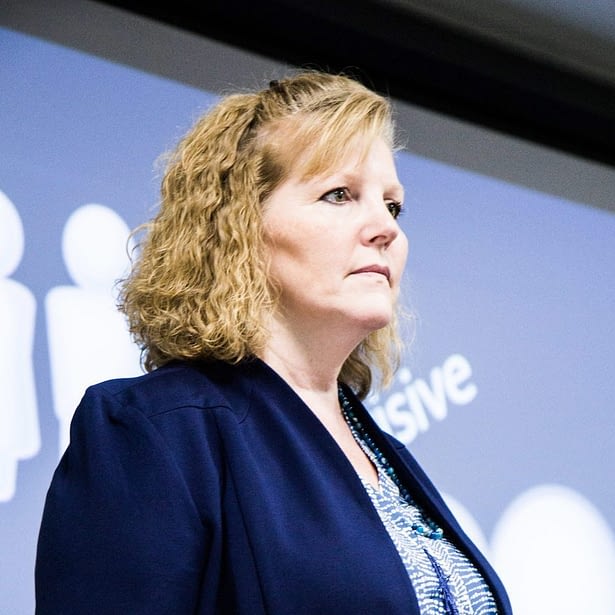
I've had the pleasure to work with Dawn in a variety of capacities over the past decade plus (not the least of which being our frequent riffing and chatting on music and musical performing).
Had anyone told me that Alberto Savoia's “Test is Dead.” talk would still be something we'd be actively discussing all these years later, I probably would not have believed it. That talk had some specific context and in many ways, it has cast a larger shadow than it really deserves to but it absolutely has had a chilling effect in the world of software testing.
Dawn is probably one of the best people to talk about this with, to be honest, and I've enjoyed hearing her take on this over the years. To be clear, testing is not dead and it is not going away. How it is performed and by whom, that is a different story and not so easy to pontificate on.
I want to say that Marlena Compton was the one who said this first but that those who have been able to carve out a niche in the testing world for an extended period have found ways to both be effective and also likely not be their only focus. If someone is purely a manual tester on a team of other manual testers, chances are they are going to struggle to keep doing what they are doing for the long term. Also, it's important to realize that many software testers are not always going to be (or even want to just be) software testers, and that is OK. Testing, however, will remain, and it will need to be done in some capacity by some set of people. Realize that in most cases, unless you are a business selling testing services, testing does not earn organizations money. It can certainly preserve money or prevent money from not being earned, but it is not a profit center.
In truth, my own career has shown me that my testing acumen has shifted in and out of testing roles for years. At some times my focus has been on operations and administration At times I've been focused on customer support as my primary role I've been a build engineer, a release manager, and most recently an automation engineer but in all of those roles, testing has been key and an important part of my day to day work. My point is, it doesn't necessarily matter if I'm labeled as a tester or not, testing is still happening and a lot of the time, I'm the one doing it.
Dawn is not here to preach doom and gloom. However, Dawn wants us all to be realistic and look at what we might want to do to expand our skillset. Again, not that just because we have a title or focus, that doesn't mean that it will be our 100% focus or responsibility. As a Senior Automation Engineer, I still spend a lot of time doing everyday standard software testing. Often as much as 60% of my time is still active hands-on software testing.
It was neat to see Dawn reference "How to Reduce the Cost of Software Testing", that little chapter book I contributed to :). she referenced Scott Barber's chapter about how the overall goal is to reduce the outflow of money organizations pay for testing services. To be clear, what we provide is not testing. What we actually provide of value is information. Thus it makes sense to emphasize the information that we provide, information that could effectively make us more valuable. Testing is really allowing us to evaluate if the product should move forward as is. Is it correct enough to move forward? Again, those determinations are not based on who tests or how the testing is done. It's based on the information that is gathered and what that information actually says.
Additionally, how and where do we engage and focus our efforts. Do we wait until we are prompted to get started, or do we engage early as possible, provoke requirements, and get testing instigated early as possible, and also be involved in testing after the product has shipped. In short, shifting left and right simultaneously. If this is something you want to be involved in, being able to be present in all of these areas will make us more valuable than if we are just waiting to be kicked into gear for specific efforts.
\Overall, our career curation ultimately is ours and ours alone. If we want to keep doing what we are doing, chances are we will obsolete ourselves. The old phrase "standing still on the information superhighway makes it likely we will be run over" rings true even now. The ultimate factor is our ability to pivot and adapt. Think about the skills we have and how important those skills we have are viable and useful. How we use and harness them will be key, not just that we have them.




1 comment:
"Software testing can be done in two methods manually or automatically depending on the software and you will see how to do both of them and many more concepts in this course on udemy. Starting with an introduction about software testing such as certification and validation and then moving to the life cycle of the software in more detail and writing the scenario of the software requirements.
" best udemy course to learn testing
Post a Comment